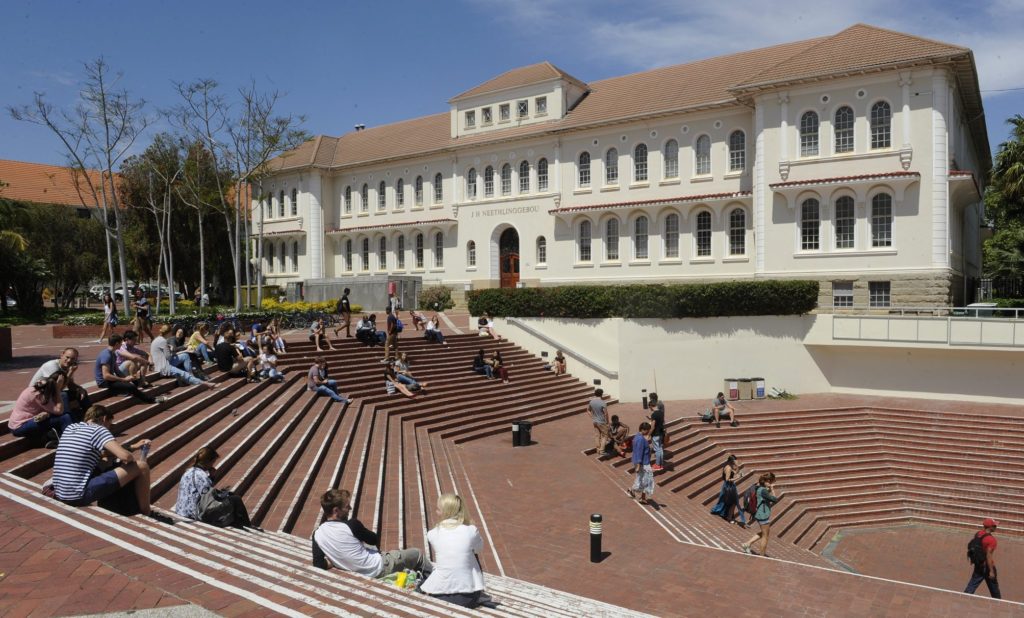Maties leads study on economic woes of Covid-19

Cape Town - Stellenbosch University. Picture Cindy waxa.Reporter Ilse/Argus
Researchers at Stellenbosch University (SU) launched the Coronavirus Rapid Mobile Survey (CRAM), a collaborative research project across three universities, which will track the social and economic impacts of COVID-19 in South Africa.
According to the University, the study will survey a nationally representative sample of 10 000 South Africans every month for the next six months using telephone surveys, focusing on unemployment, household income, child hunger and access to government grants.
The aim is to inform policy-makers and help direct relief efforts to where they are most needed, and to determine if those relief efforts are working as intended
“Our number one aim in all of this is to help policy-makers make the best decisions in these difficult times. Encouragingly, all data emerging from the project will be made freely available to download on the DataFirst platform immediately as it becomes available.”
“We know that the coronavirus pandemic is the largest shock of our generation and it’s already having profound social and economic impacts on our country. When we started seeing the data coming out of China, Italy and Spain we knew this was going to devastate our economy and trigger a global recession,” said principal investigator of the study, Dr Nic Spaull of the SU Economics Department.
In order for the study to be nationally representative, the researchers realised they would need to use telephone surveys and to link the new study to a pre-existing survey. That would allow them to use the mobile phone numbers of existing sample participants.
“In order to be nationally-representative, we wanted to link into one of the existing surveys targeting income and social dynamics. So I reached out to colleagues at the University of Cape Town (UCT) to find out about the possibility of extending the National Income Dynamics Study (NIDS) which is a nationally representative panel survey focusing on income and social dynamics. We wanted to include a mobile phone ‘update’ of NIDS to see how things are changing on the ground. Long story short, the Department of Planning Monitoring and Evaluation in the Presidency were incredibly helpful with facilitating permissions to use the data, as well as all the researchers at the Southern African Labour Development Research Unit (SALDRU) who are the implementing agent of NIDS and now also co-investigators on the project and the implementing agent of NIDS-CRAM. It’s really been incredible to see how collaborative everyone has been,” said Spaull.
Spaull is joined by eight co-investigators across SU, UCT and the University of the Witwatersrand (Wits), who each head up different areas related to Sampling, Social Welfare, Labour and Firms, Health and COVID-19 and the NIDS operations.
“I think the project is really exciting. It’s the first nationally-representative survey and it helps us get at important things that internet surveys can’t. From its launch going forward, the survey will be able to provide close to real-time updates on whether health system capacity constraints, fears about contracting the virus, and disruption to transport networks are affecting access to healthcare. We’ll also be able to see the interactions between access to healthcare, receipt of grants and employment. That’s really important for policymakers, to adapt and adjust policy responses in this uncertain environment,” said Ronelle Burger of the SU Economics Department and expert on health economics.
The project quickly gained momentum and added collaborators from other departments and universities. The group of CRAM researchers is now made up of more than 30 researchers across five universities.



